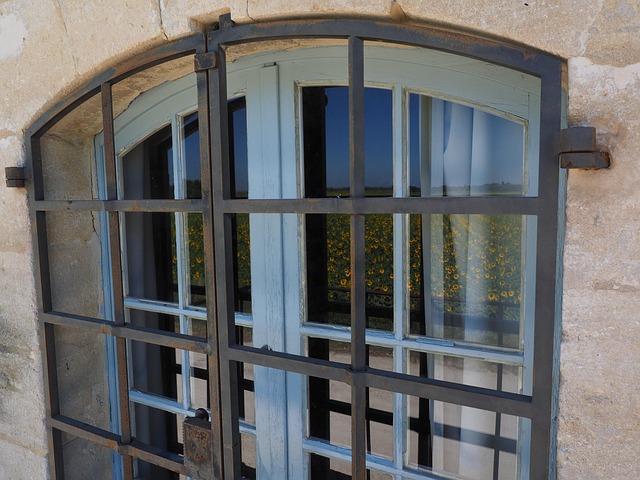Assessing environmental risks through thorough evaluations is crucial for responsible real estate investments, helping to identify threats like pollution, natural disasters, and climate change impacts. Incorporating robust environmental impact assessments allows professionals to make informed decisions, ensuring financially sound and sustainable investments that mitigate economic and ecological risks. Embracing sustainable building practices, such as eco-friendly materials and efficient energy systems, creates resilient structures that appeal to environmentally conscious consumers, increasing property values and market competitiveness. Community engagement and collaboration are vital for building resilient urban environments, with strong local ties reinforcing ecological mitigation efforts and leading to innovative, socially acceptable, and culturally sensitive solutions.
In today’s world, reinforcing structures against environmental threats is no longer an option but a necessity. This article explores strategic approaches for real estate investors and builders to navigate and mitigate these challenges. We delve into assessing environmental risks in investments, adopting sustainable building practices for enhanced protection, and fostering community engagement for resilient environments. By integrating these strategies, we can ensure that our built landscapes not only withstand but thrive in the face of evolving ecological demands.
Assessing Environmental Risks in Real Estate Investments

Assessing environmental risks is an integral part of responsible real estate investments. Before purchasing or developing property, thorough evaluations should be conducted to identify potential threats such as pollution, natural disasters, and climate change impacts. These risks can significantly affect the value and longevity of a property, not to mention legal liabilities for investors and occupants.
By incorporating robust environmental impact assessments into their due diligence process, real estate professionals can make informed decisions. This includes understanding historical and current land use practices, reviewing regulatory frameworks, and analyzing potential future changes. Such proactive measures ensure that investments are not only financially sound but also sustainable in the long term, mitigating both economic and ecological risks.
Implementing Sustainable Building Practices for Protection

In the real estate sector, implementing sustainable building practices is not just an environmental imperative; it’s a strategic move to enhance structural resilience against various threats. By integrating eco-friendly materials and design principles, developers and architects can create buildings that are more adaptable and less susceptible to the impacts of climate change, such as extreme weather events and rising sea levels. These practices include utilizing renewable resources, efficient energy systems, and innovative construction techniques that prioritize durability and flexibility.
Such reinforcement goes beyond mere compliance with environmental standards. It offers long-term cost savings for owners and tenants while contributing to a greener, more sustainable future. Moreover, as awareness of environmental issues grows among consumers, real estate investments that showcase sustainable building practices are becoming increasingly attractive, enhancing property values and market competitiveness.
Community Engagement and Collaboration for Resilient Environments

Community engagement and collaboration are vital components in building resilient environments, especially when addressing environmental threats in urban areas. In the realm of real estate, fostering strong community ties can significantly reinforce structures aimed at mitigating ecological challenges. By involving local residents, stakeholders, and experts, developers and policymakers can create sustainable solutions tailored to specific neighborhood needs. This collaborative approach ensures that environmental initiatives are not only effective but also socially acceptable and culturally aligned with the community’s values.
Engaging the community enables a deeper understanding of unique environmental concerns, whether it’s air pollution, water scarcity, or green space preservation. Through open dialogue and collective problem-solving, residents can contribute their insights, knowledge of local ecosystems, and ideas for practical solutions. This collective intelligence can lead to innovative strategies, such as community gardens, green infrastructure initiatives, or adaptive building design, that enhance environmental resilience while enhancing the quality of life in urban settings.






